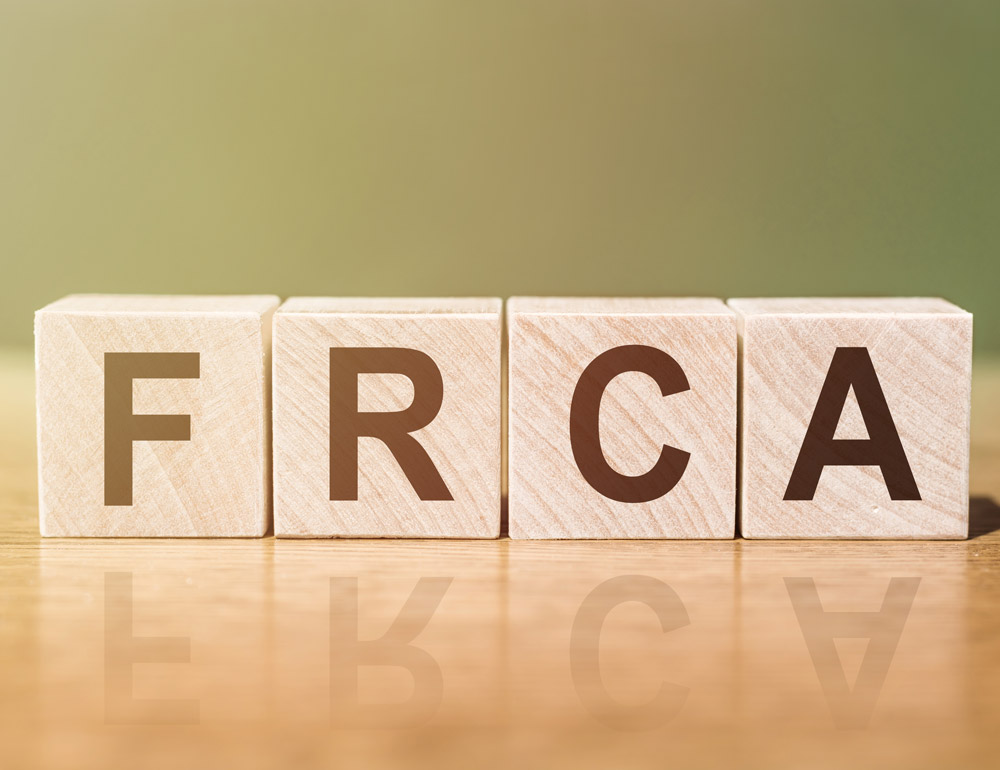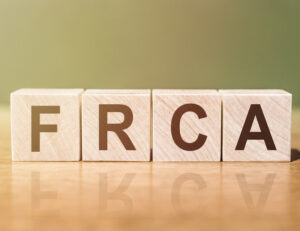Your personal information is valuable.
Whether it be your name, date of birth, social security number, criminal record, or credit history, there is probably some information you would like to ensure the integrity of.
The fact of the matter is, that our information can often be bounced around and shared with other parties such as academic institutions, banks, and potential employers. These days, just going about our normal lives extends our footprint and distributes our personal information to people and organizations we probably aren’t all too familiar with.
Given this reality, a few questions arise:
Is what these people and organizations are saying about me accurate?
Am I protected against inaccurate and erroneous information?
How do I know what is being reported about me?
There weren’t too many helpful answers to those questions until congress passed the Fair Credit Reporting Act (FCRA) in 1970— a set of federal laws that works to regulate the collection of consumer information, protecting against inaccuracies and errors.
A Brief History
Many of us fail to realize that consumer data retrieval processes weren’t standardized until just a few decades ago. Even into the 1960s, loans were received largely on good faith and judgments of character. Background screening was not nearly as common due to the difficulty of acquiring and distributing criminal data. It wasn’t until time nudged us further into the information age that credit reporting agencies and other data collection institutions became more relevant.
By the late 60s, credit scoring (and reporting) were still in their infancy but beginning to catch wind, and with all the new transfer of information came data privacy concerns for consumers.
FCRA Basics
With no laws in place, consumers didn’t have the right to action against willful and/or negligent dispersion of erroneous information (particularly relating to their credit history). The FCRA changed that.
Frequently Asked Questions
Who/what does the FCRA regulate?
The three main individuals/organizations regulated by the FCRA are consumer reporting agencies, users of consumer reports, and consumer data furnishers.
Background screening providers, credit bureaus, creditors, third-party collectors, and employers are common examples.
What are a consumer’s basic rights under the FCRA?
A summary of your major rights under the FCRA include (but are not limited to):
- You must be told if information in your file has been used against you in any way (particularly in an employment or lending decision).
- You have the right to know what is in your file (i.e. credit report, background check, etc.)
- You have the right to ask for a credit score.
- You have the right to dispute incomplete or inaccurate information.
- Consumer reporting agencies must correct or remove inaccuracies.
- You have the right to consent before others access your reports.
- You may seek damages from violators.
What does the FCRA not protect against?
The FCRA specifically aims to combat inaccuracies in consumer reports which can include criminal, credit, and personal identifier information. The FCRA does not cover other forms of consumer data such as data that is distributed online (i.e. passwords, credit card information, etc.). When it comes to data privacy and integrity in these areas, there are ongoing legislative efforts to define and uphold consumer rights.
Conclusion
Thanks to the FCRA, individuals can challenge and enforce the remediation of consumer report inaccuracies. There are a number of rights we now enjoy as a result of that 1970 congressional act. At Consumer Credentials, we always encourage individuals to educate themselves on their rights so they can avoid needless frustrations and roadblocks. Moreover, our personal screening solutions are rigidly compliant with the FCRA, keeping you safe.
For more information on our background screening solutions, visit us online.




